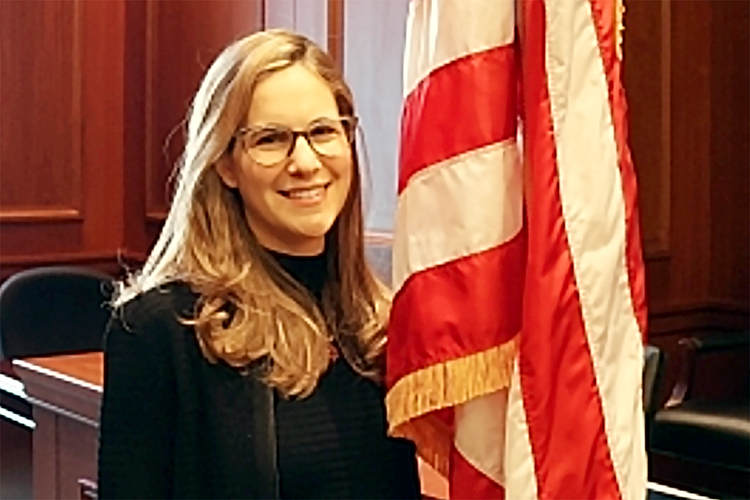Sending In Reinforcements

Photo by iStockPhoto.com
Building on the ABA’s long history of addressing legal concerns of military personnel and their families, a coalition of entities from the association has formed to help find legal, legislative and administrative remedies for problems facing veterans of the military and related services.
The Working Group on Veterans Affairs—organized and supported by the ABA Governmental Affairs Office—already includes representatives of at least 15 entities, with more expected to sign on. The group will confer with the U.S. Department of Veterans Affairs, the federal government entity that provides a broad range of services and benefits to many of the nation’s more than 20 million veterans and 37 million dependents.
There is growing recognition of the “hidden injuries of war,” including post-traumatic stress disorder, anxiety and depression. Last April the RAND Corp., a nonprofit research organization in Santa Monica, Calif., issued a report estimating that as many as 300,000 military personnel who served in Iraq or Afghanistan have reported symptoms of PTSD or major depression. The report also estimates that some 320,000 service members may have experienced various forms of traumatic brain injuries during their deployments to combat zones. In both cases, only about half the service members sought treatment, according to the report, titled Invisible Wounds of War: Psychological and Cognitive Injuries, Their Consequences, and Services to Assist Recovery.
“If PTSD and depression go untreated or are undertreated, there is a cascading set of consequences,” states Lisa Jacox, a co-leader of the project team that issued the report, in a RAND press release. “Drug use, suicide, marital problems and unemployment are some of the consequences. There will be a bigger societal impact if these service members go untreated. The consequences are not good for the individuals or society in general.”
A number of ABA projects illustrate how the organized bar at all levels can initiate and support efforts aimed at helping veterans.
The ABA Enterprise Fund, which supports joint projects by ABA entities, is awarding startup grants through the Veterans Advocacy Pro Bono Project that will help states establish pilot programs in which retired lawyers will give veterans pro bono legal assistance. The project was established by the Commission on Law and Aging in conjunction with several other ABA entities.
Another effort under way is the Law Student Division’s Duty Bound project, a model law school clinical program that partners students with expert practitioners who represent veterans on a pro bono basis. In August the Commission on Mental and Physical Disability Law will offer a continuing legal education program during the ABA Annual Meeting in Chicago for lawyers representing clients with PTSD.
OPENING NEW FRONTS
Estimates put the number of service veterans under some form of correctional supervision at more than 500,000. ABA policies initiated by the Criminal Justice Section propose alternatives to incarceration, as well as urge the federal government, states and territories to provide resources to help prepare individuals to return to their communities. These resources include substance abuse treatment, educational and job training opportunities, and mental health services.
The idea for homeless veterans courts—an estimated 200,000 veterans are living on the streets across the United States—is based on the homeless court concept that was introduced in 1989 by local courts in San Diego. Since then, the ABA Commission on Homelessness has been instrumental in the growth of homeless courts. Homeless veterans courts would address the legal needs of former service members while recognizing the benefits and support services that will help them return to society.
In the ABA’s most recent action supporting veterans rights, the policymaking House of Delegates in February adopted a measure urging Congress to amend the Servicemembers Civil Relief Act to clarify that civil actions may be filed to enforce provisions of the act. The recommendation was sponsored by the Standing Committee on Legal Assistance for Military Personnel.
Rhonda McMillion is editor of Washington Letter, an ABA Governmental Affairs Office Publication. This column is written by the ABA Governmental Affairs Office and discusses advocacy efforts by the ABA relating to issues being addressed by Congress and the executive branch of the federal government.



